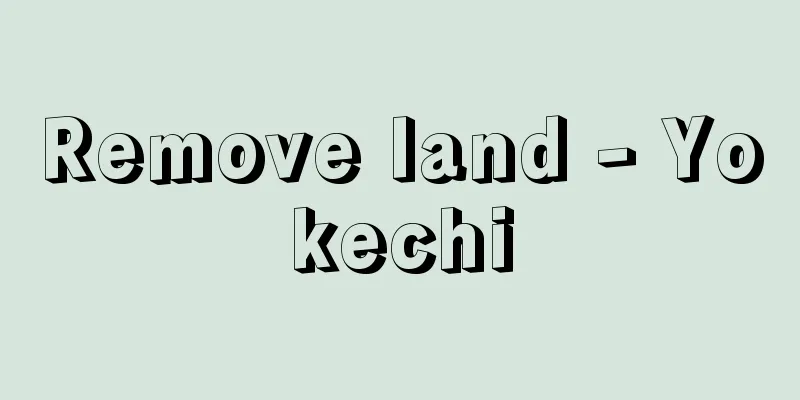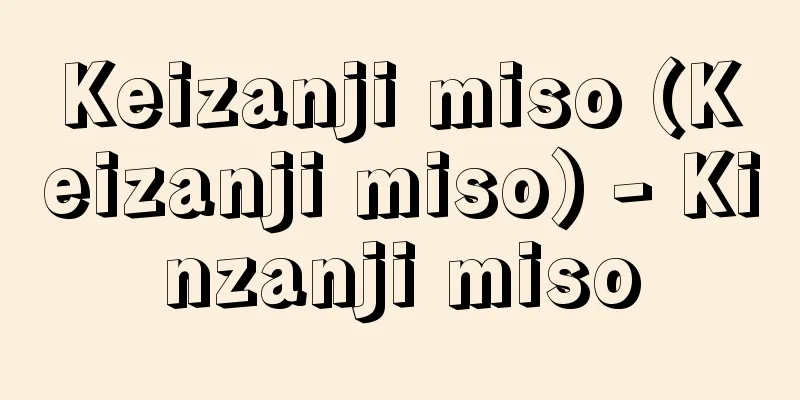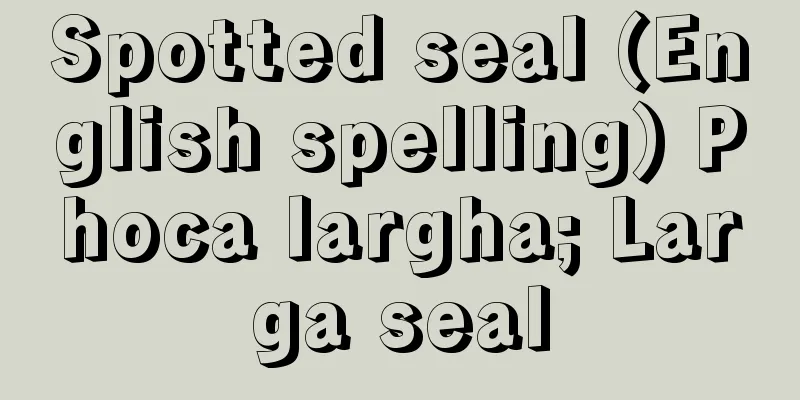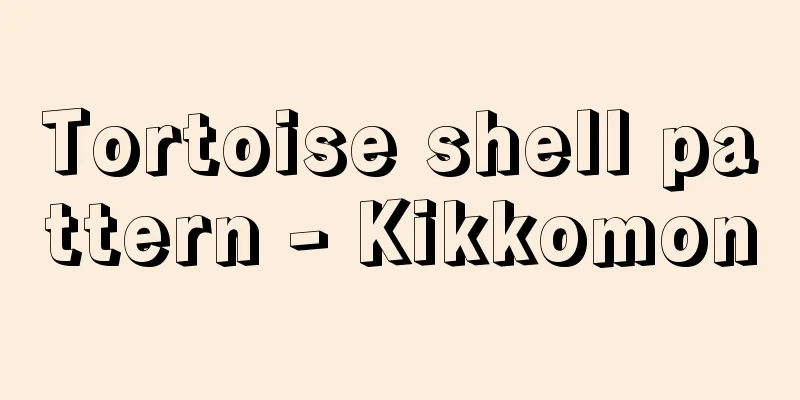Remove land - Yokechi

〘 noun 〙① In the Edo period, land that was excluded from records such as land survey ledgers. ※Kabuki: Kazusa Cotton Komon Hitoji (1865) prologue: "'Today, as much as we have talked about, they are going to carry out a land survey of the fields.' 'If there is even one shaku of land that is excluded, they will complain noisily and take away your taxes.'" ② In the Edo period, land that was exempt from taxes and duties due to a certificate from the lord or a history of the land. Tax-free land. Nozokichi. [Chihou Hanreiroku (1794)]Jo- chijo... [Removal of land]Nozoki-chi [removal of land]Source: The Selected Edition of the Japanese Language Dictionary About the Selected Edition of the Japanese Language Dictionary Information |
〘名〙① 江戸時代、検地帳などの記載から除かれた土地。※歌舞伎・上総綿小紋単地(1865)序幕「『けふは大方話しのあった、田地の検地を打つとのこと』『一尺でも除地(ヨケチ)があるとやかましく言って、運上を取りあげるといふ事ぢゃ』」② 江戸時代、領主の証文または由緒により、年貢・諸役を課されない土地。無年貢地。のぞきち。〔地方凡例録(1794)〕
じょ‐ち ヂョ‥【除地】のぞき‐ち【除地】出典 精選版 日本国語大辞典精選版 日本国語大辞典について 情報 |
<<: Xochicalco (English spelling)
Recommend
lowbrow
…It is also called highbrow. The opposite of this...
Death from traumatic shock
...Toxic shock death occurs when a person is pois...
Sinhalese - Sinhalajin (English spelling)
The majority ethnic group in Sri Lanka. The name m...
Taipei Imperial University
National Taiwan University was established in Mar...
Botta, PE (English spelling)
...The reason why such a wide and diverse academi...
Ocean and his eleven friends
...In the early 1950s, he was in a slump due to s...
Aotearoa - Aotearoa
...It is a multicultural and multilingual country...
Ishikawa Isthmus
...At its narrowest point, it is just under 4km w...
Ceramic coating
Coating the surface of mild steel, heat-resistant ...
Stomoxys calcitrans (English name)
...A general term for insects belonging to the St...
Bay rum tree (English spelling) bayrumtree
...The ripe red fruits are sometimes sold commerc...
Universalismo - Universalismo
…He returned to Uruguay in 1932 and established a...
Jiang Yuan - Kyougen
…He is said to be the founder of the Zhou dynasty...
Dallas-Fort Worth Airport
…Located 13 km south of the city, it has an area ...
Myogenic muscle atrophy
… All skeletal muscles are controlled by motor ne...









